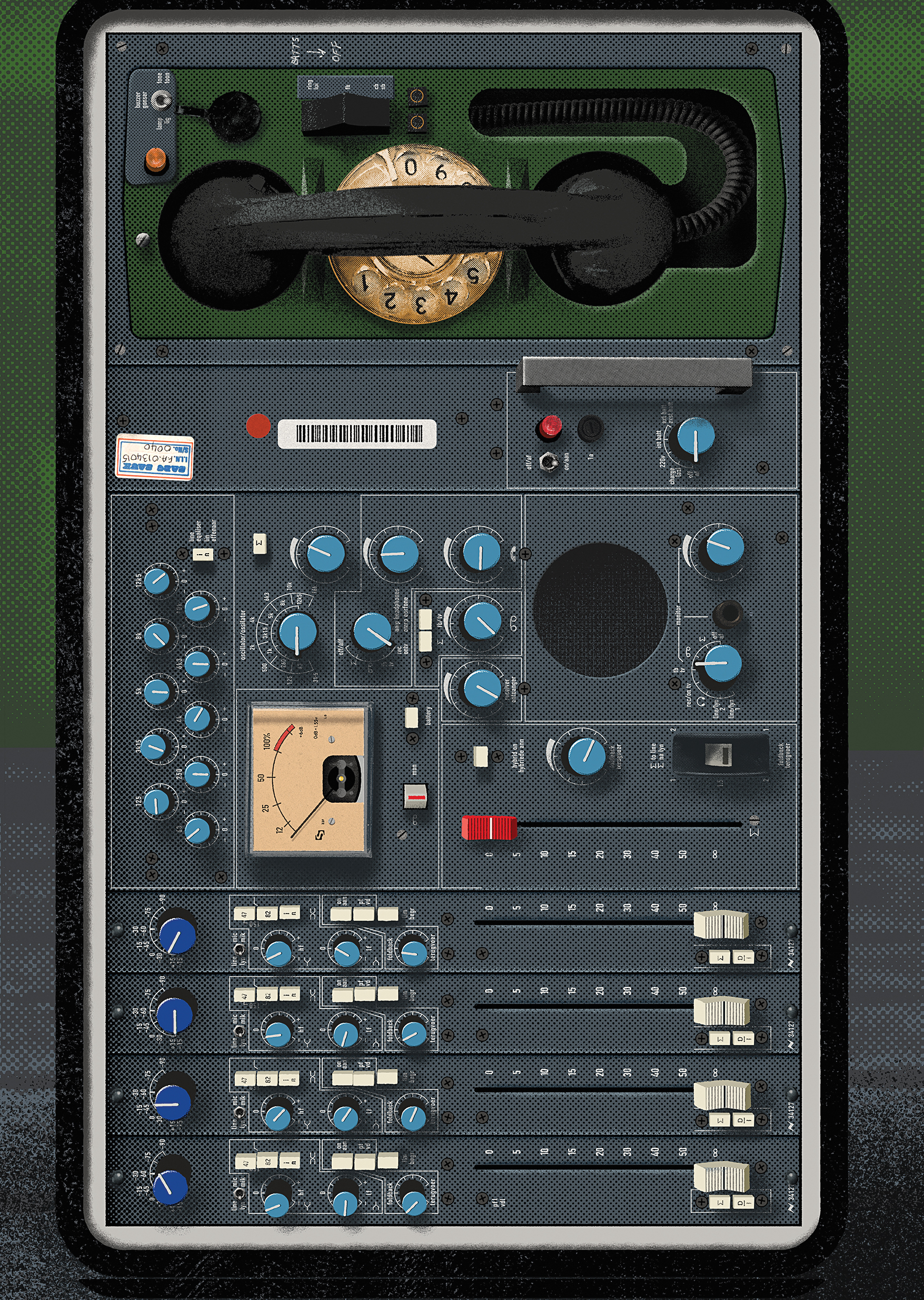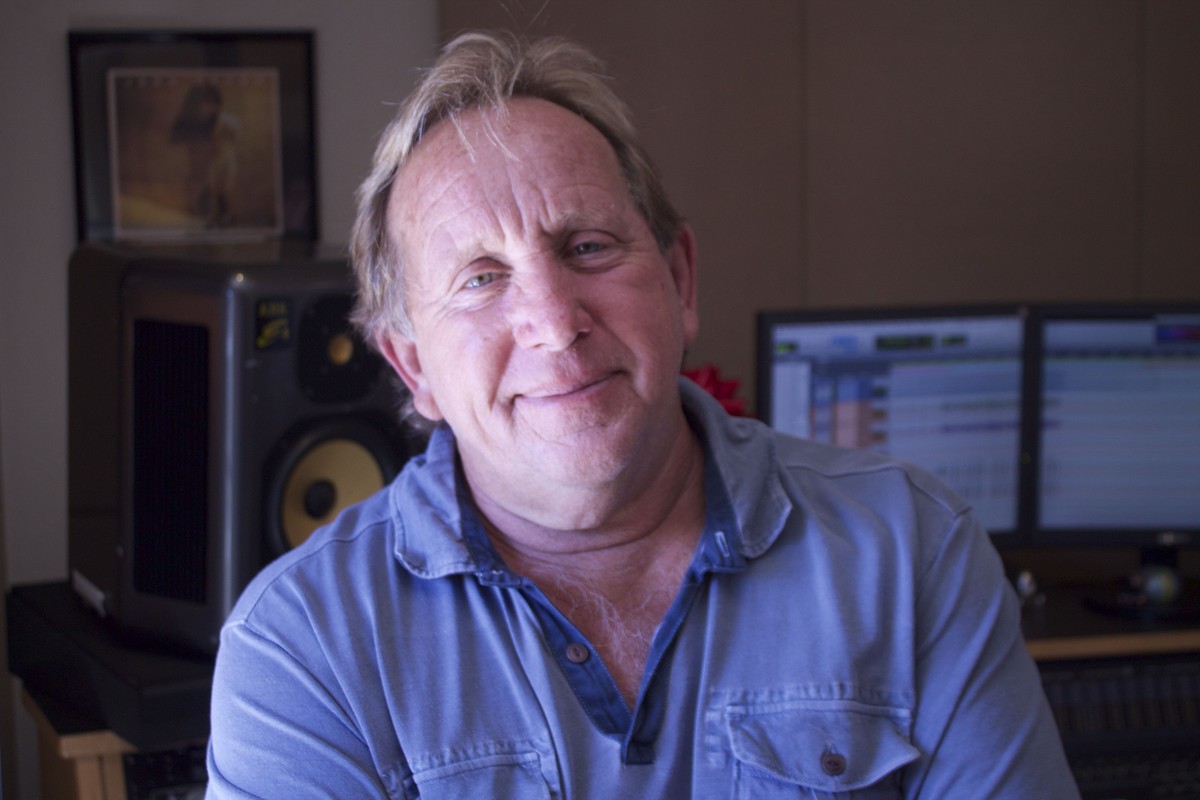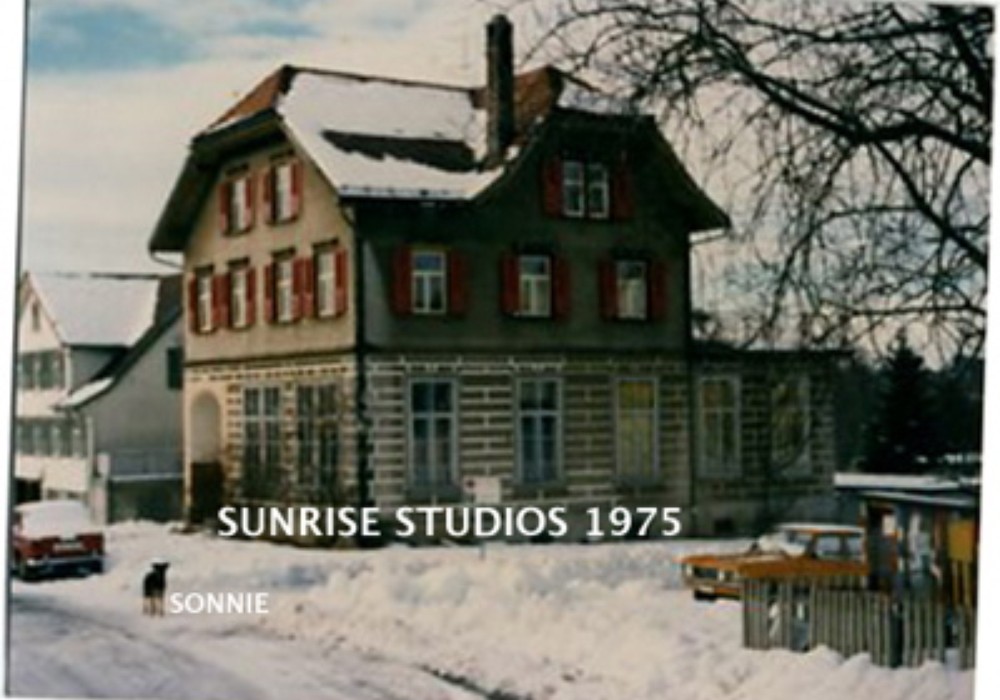Photo: Larry Crane
The recent passing of Ed Cherney sent me to my archives. I'd interviewed Ed many years ago and he asked me not to run it. We went back and forth about it, and I never understood why he didn't want this interview in Tape Op. Here's an excerpt on his early years. We miss him.
What was the first studio you saw?
It was on the south side of Chicago. I walked in, the lights were low, the lights on the gear were flashing, the band was playing, and it just hit me in the gut. Like, "This is what I gotta learn how to do." I was probably 22 or 23. I knew that I was born to do this. I was determined. I didn't really know about electronics. I enrolled at DeVry to see how electronics worked. I didn't graduate, but during that time I started working and got a job with a local PA company. We were hauling gear for different bands, mixing front of house, and doing monitors. In the meantime I kept trying to get a job in a studio. You could count the number of studios in Chicago, but they were great studios; Universal, Paragon, Streeterville, CRC, and Sound Market were all working. R&B records at night, but the jingle scene in Chicago was huge. I didn't know anything about how studios worked and stuff like that.
Session flow?
Yeah. There was one school that had an ad for a recording course at a studio in Chicago that I read about in RE/Pmagazine [Recording Engineer/Producer]. The guy teaching it was named Bruce Swedien [Tape Op #91]. I probably took his course in '73 or '74. He could see that I was a determined young man. We hit it off and I kind of attached myself to him. He let me carry his briefcase to sessions and watch him work. In the meantime I was trying to get a job in a studio. Once a month I knocked on every door in Chicago and probably within a hundred mile radius. You know how hard it is to get a job in a studio now? It was just as hard then. I did that for three solid years.
And you were still doing live sound?
Live sound and I other jobs too. I started working when I was 13. In Chicago, that's the ethic; You work.
Were you still in touch with Bruce?
I'd see him here and there, but I wasn't close in touch with him. He was busy. One day I went and rang the bell at Paragon Studios. It was a famous place. Jingles during the day, but they were doing Ohio Players, Styx, Tyrone Davis, and a lot of the R&B records in Chicago. That particular day, Swedien happened to be working there. He was one of the first freelance guys, and he was working on a jingle or something. It just so happened that they had an opening. The owner of the studio, Marty Feldman, said I had to take a three page test. I'm sitting in the lobby, and Swedien walks by saying, "Oh hey, what are you doing here?" I told him I was taking a test and applying for a job. I pulled him over an asked him for the answers. I didn't know the answers to any of the questions. When the owner, Marty Feldman, came to grade it, most of them were wrong. He'd given me the wrong answers on purpose just to fuck with me. He knew they were going to hire me.
No way!
They hired me that day. I remember coming out of that studio walking on air. I had a job as an apprentice. I was to show up the next morning at 5 to clean the bathrooms. I was the happiest guy in the world. At this particular place it was a true apprenticeship. Marty, the owner, was a pretty darn good engineer, and he had a really good idea of how things should work. Everything in that studio you did a certain way; from the way that you'd hold a microphone in the stand and move it, or how to roll up speaker and mic cables. You'd learn the way to clean the crap off the headphones. If you couldn't get a food order right, you weren't going to get to the next thing. It was that kind of place. They had a tape duplication room, so you'd start there learning tape duplication, how tape recorders worked, how to set them up and align them, signal flow, and gain structure. You'd slowly move your way up. I always joke that after two months I got promoted; They gave me a brush to clean the bathrooms with. I worked my way up and up. I didn't want to go home. I remember sitting in there dreaming about how one day I'd be able to sit in there by myself, know how everything worked, and be able to make music. The signal flow of a console was so complicated. Barry Mraz was one of the first very successful independent producer/engineers. He was doing the Ohio Players, Styx, and a lot of different records. He had some hits and those groups were selling millions of records. Barry was a good guy, a good engineer, an entrepreneur, and a businessman, but he was also driving a fancy sports car, taking vacations all over the world, had a nice house, was going out to dinner, had a girlfriend, and all the drugs you could want. It kind of dawned on me; you could get all that too! Then I triply dedicated myself to living in the studio.






